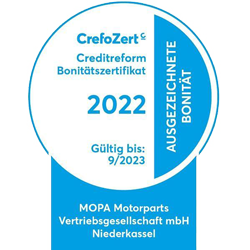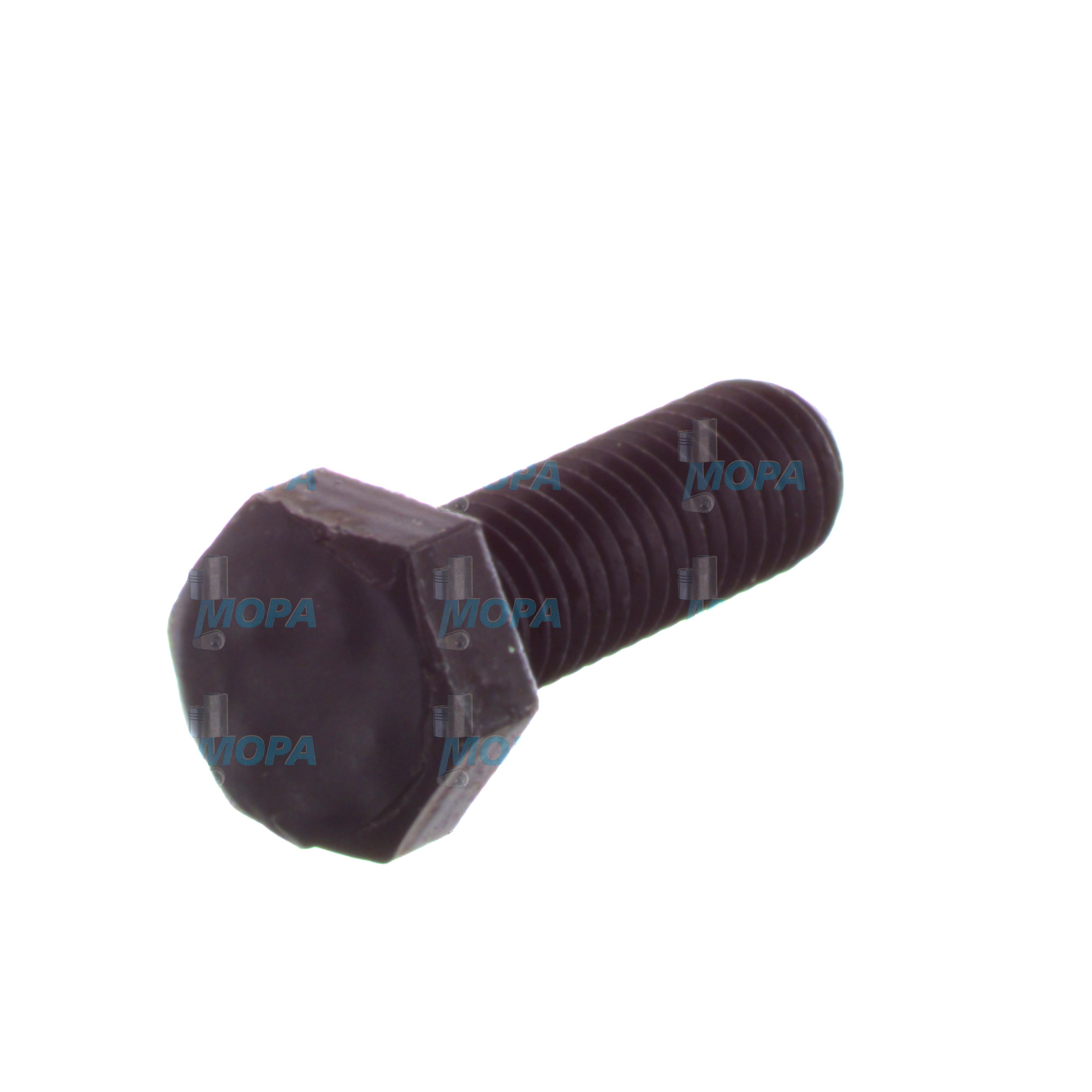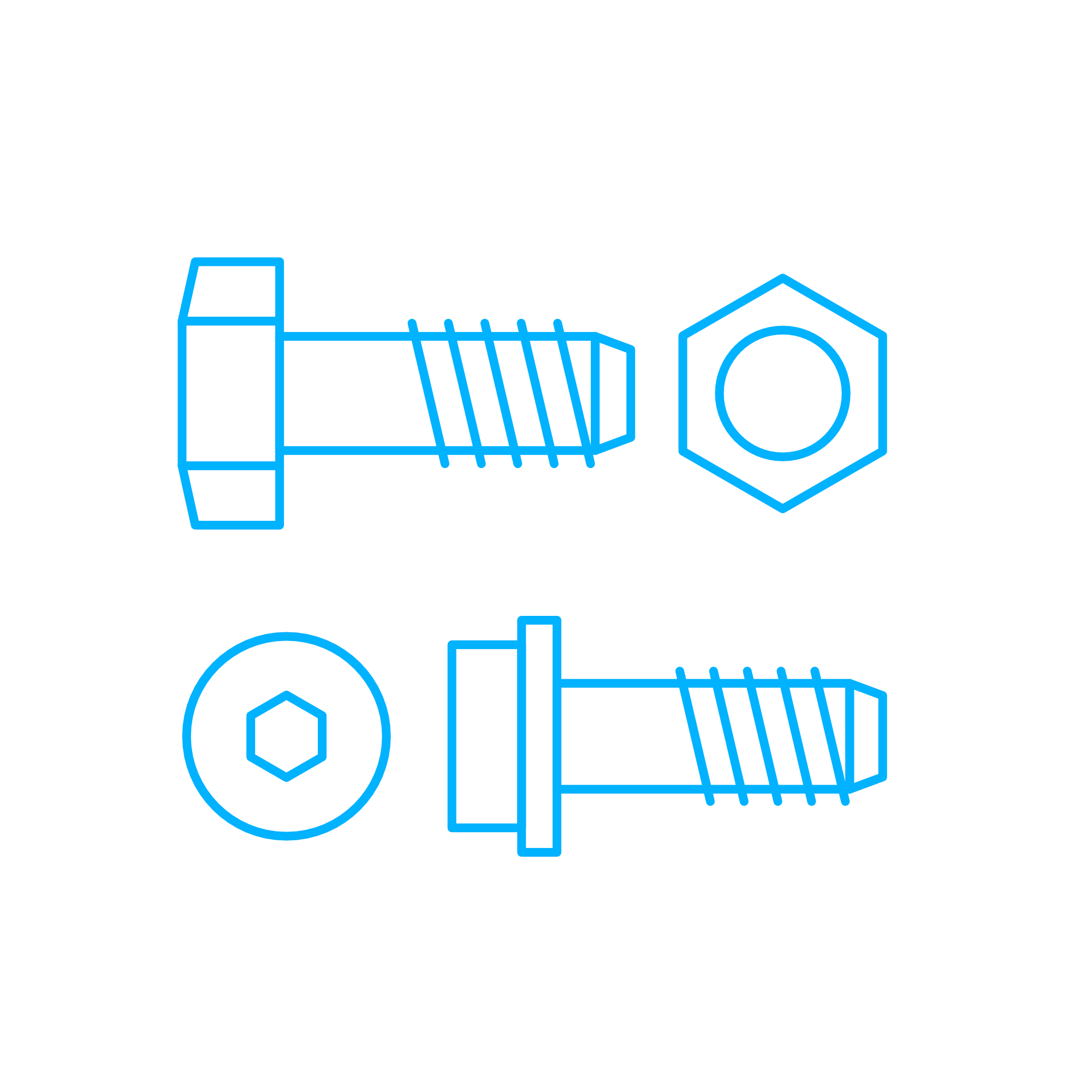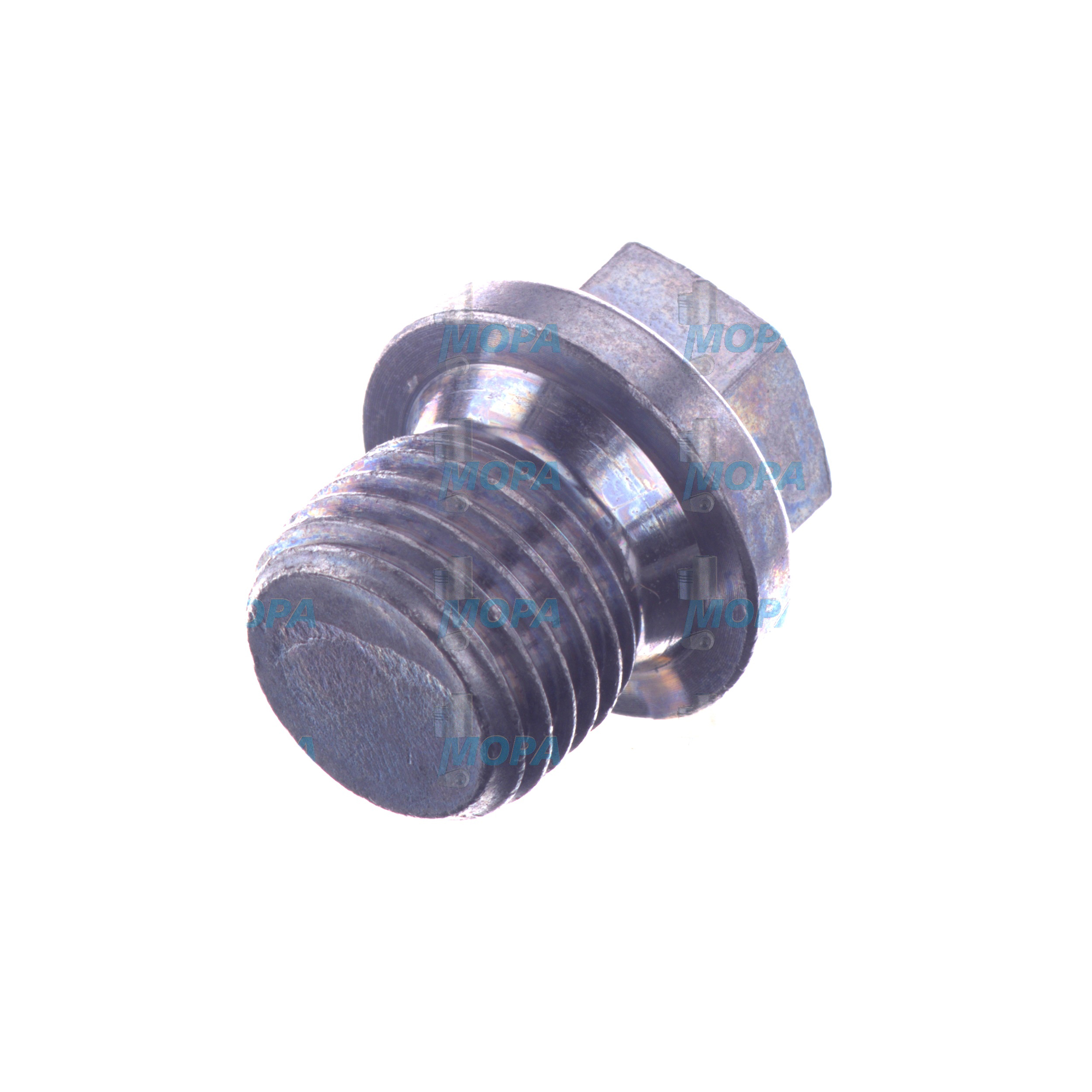Bolt and screw – solutions for marine & industrial
Every engine relies on a secure and vibration-resistant fastening system. A high-quality bolt and screw setup holds together engine blocks, manifolds, and accessories across diesel, gas, and marine systems. In industrial applications, engine screws and motor bolts provide structural stability, resist thermal cycling, and support precision alignment. For marine use, corrosion-resistant marine bolt and marine screws ensure lasting safety even in harsh saltwater environments.
What are bolts and screws used for in engine systems?
A bolt and screw is used to fasten components under mechanical stress. This includes cylinder heads, pumps, intake manifolds, mounts, and brackets. Engine bolt assemblies require high tensile strength and precise thread profiles to prevent loosening under load. In marine settings, bolts marine configurations include additional corrosion protection through zinc coatings, stainless alloys, or composite heads. Whether for permanent fastening or removable joints, motor screws and bolts form the basis of structural integrity in all engine types.
Function and benefits of bolts and screws in engines
- Secure static and dynamic connections across engine assemblies
- Resist vibration, pressure, and thermal expansion
- Support torque retention and load distribution
- Enable safe disassembly for maintenance and inspection
- Allow modular engine construction with standard sizes
In both land-based and marine power units, engine screws and motor bolt types are selected for load class, material strength, and thread pitch. Using the right bolt and screw combination reduces failure risks and simplifies service procedures.
Types and materials of marine and engine fasteners
- Hex head and flange bolts for structural engine joints
- Socket head motor screws for precision components
- Thread-locking marine screws for hull or motor mounts
- High-strength engine bolt sets with graded coatings
- Marine bolt systems with stainless steel or brass
Bolts marine assemblies often use A4 stainless or Duplex steel, ensuring protection against seawater and galvanic reactions. Motor screws in enclosed spaces may use black oxide or phosphate finishes for corrosion protection and ease of removal. Material selection depends on torque level, accessibility, and contact with fluids or chemicals.
Compatibility and sourcing
We offer fastening solutions suitable for MTU, Deutz, MAN, Volvo Penta, and MWM. Whether you're rebuilding a turbo mount, re-securing an exhaust manifold, or replacing critical head bolts, our bolt and screw range fits a wide variety of marine and industrial engines. We stock bolts by dimension, thread, material, and application group.
Thanks to our well-equipped warehouse and fast delivery options, we offer short lead times and quick availability for both standard and application-specific fasteners.
Use cases in industrial and marine applications
Marine screws are often used for water-cooled exhaust, hull penetrations, and engine bed mounting. Motor bolt sets are required for rotating assemblies and timing covers. Across applications, the right engine bolt and screw setup ensures alignment under thermal expansion and torque loading. For boats, hose adapter brackets, alternators, and gearboxes also require vibration-resistant marine bolt systems with low galling and secure locking.
Buying advantages with us
Our B2B shop provides:
- Fast worldwide shipping via DHL Express
- Engine-specific sizing for major platforms
- Material and strength class selection support
- Easy ordering for bulk or precision fasteners
We supply OEM-standard bolt and screw combinations for maintenance, repairs, or assembly upgrades. With practical kit options and single part selection, technicians can easily match specs during overhauls or engine conversions.
Related components to bolt and screw systems
Complementary items often include washers, retaining rings, thread-locking pastes, brackets, and custom spacers. These elements contribute to torque stability and fastener longevity in both mobile and stationary engines. A correct bolt and screw setup is fundamental to safe operation.
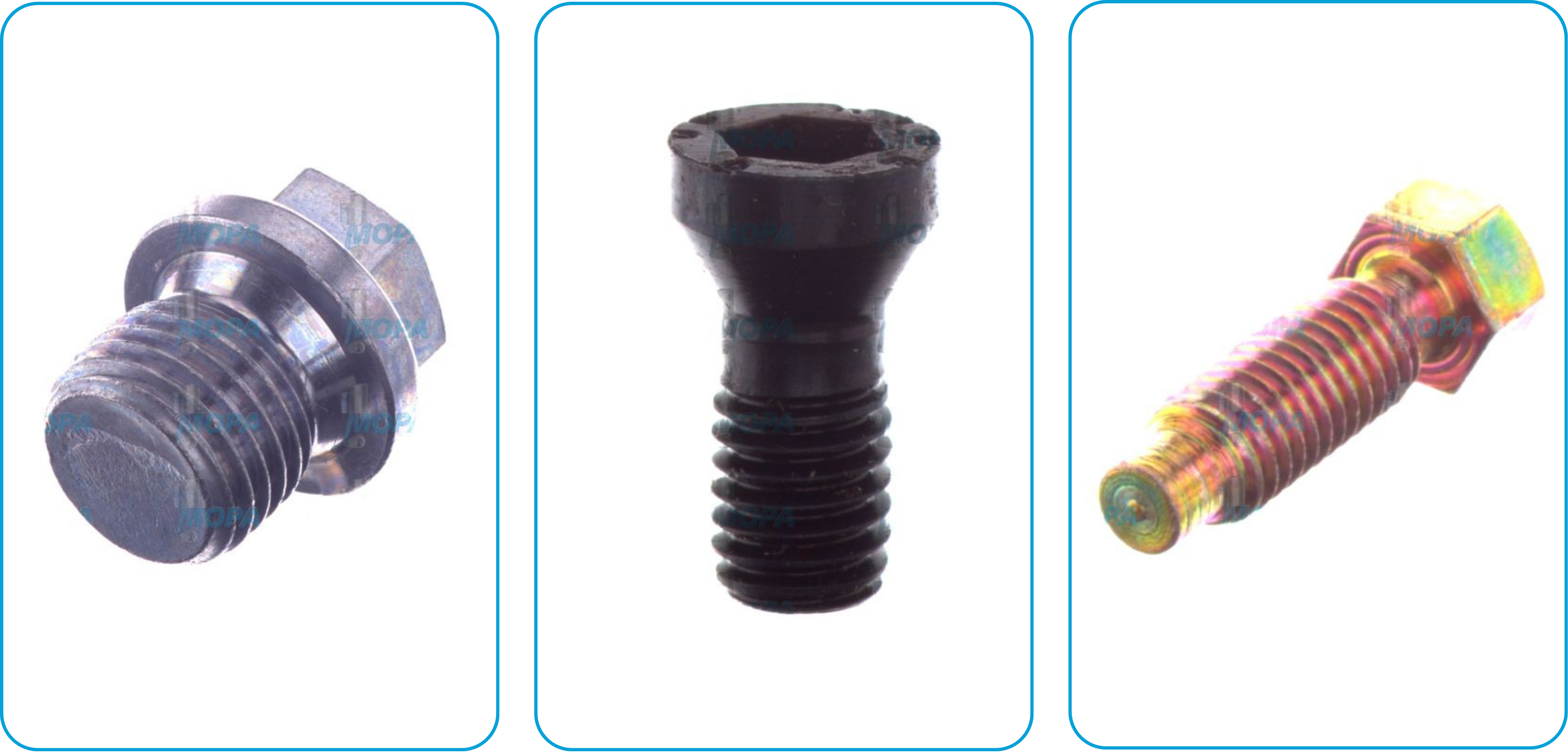
Frequently asked questions about bolts and screws
What is a screw?
A screw is a threaded fastener designed to be inserted into material or a pre-threaded hole to hold components together.
What is the difference between a bolt and a screw?
A bolt typically works with a nut and is used through unthreaded holes, while a screw forms its own thread or fits into a tapped hole.

